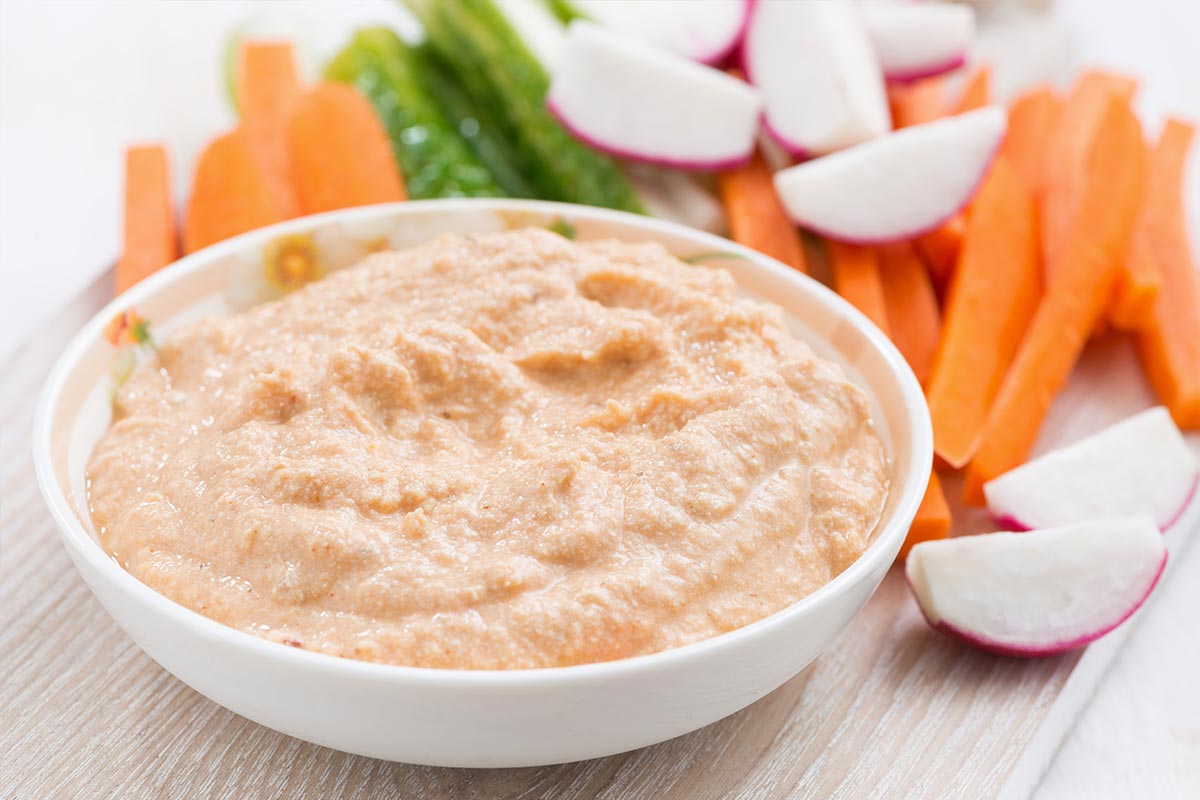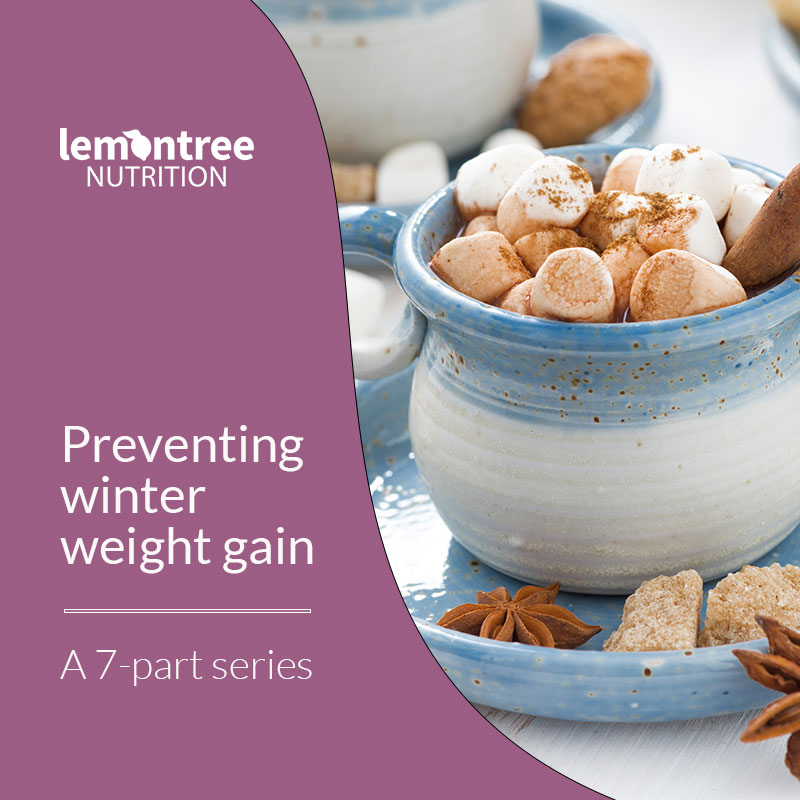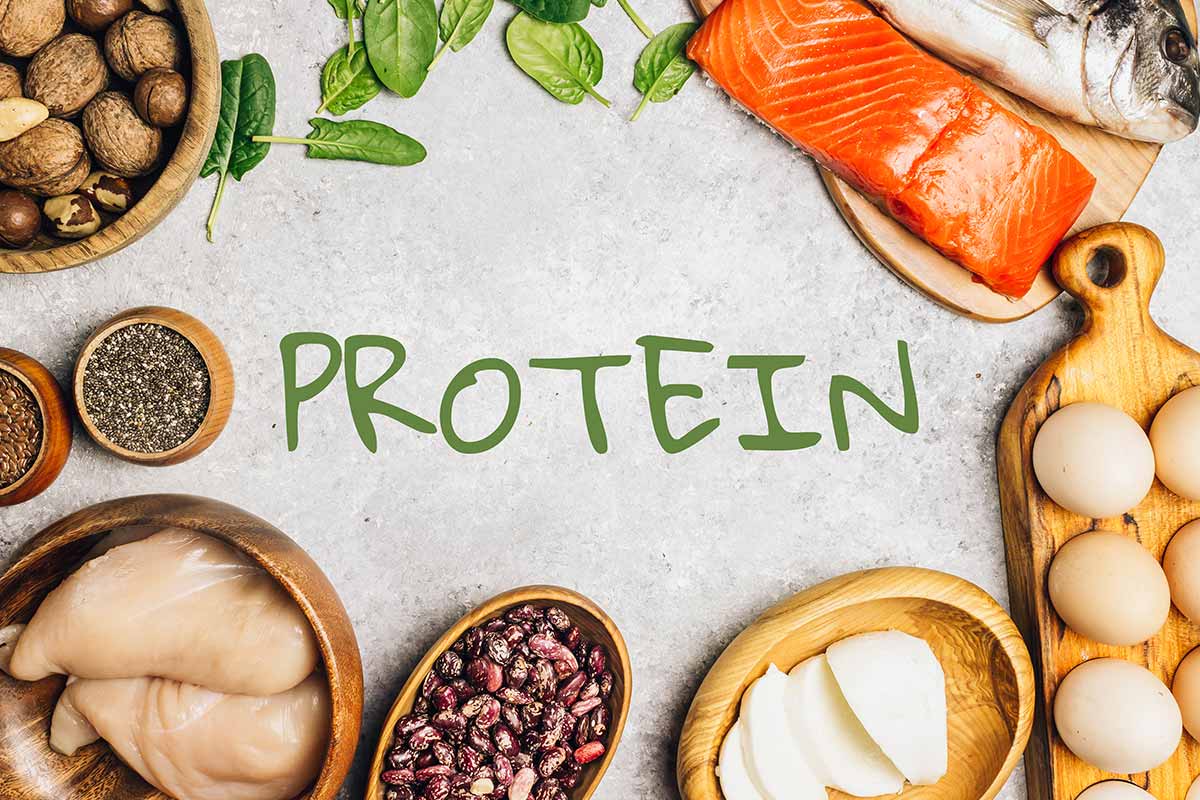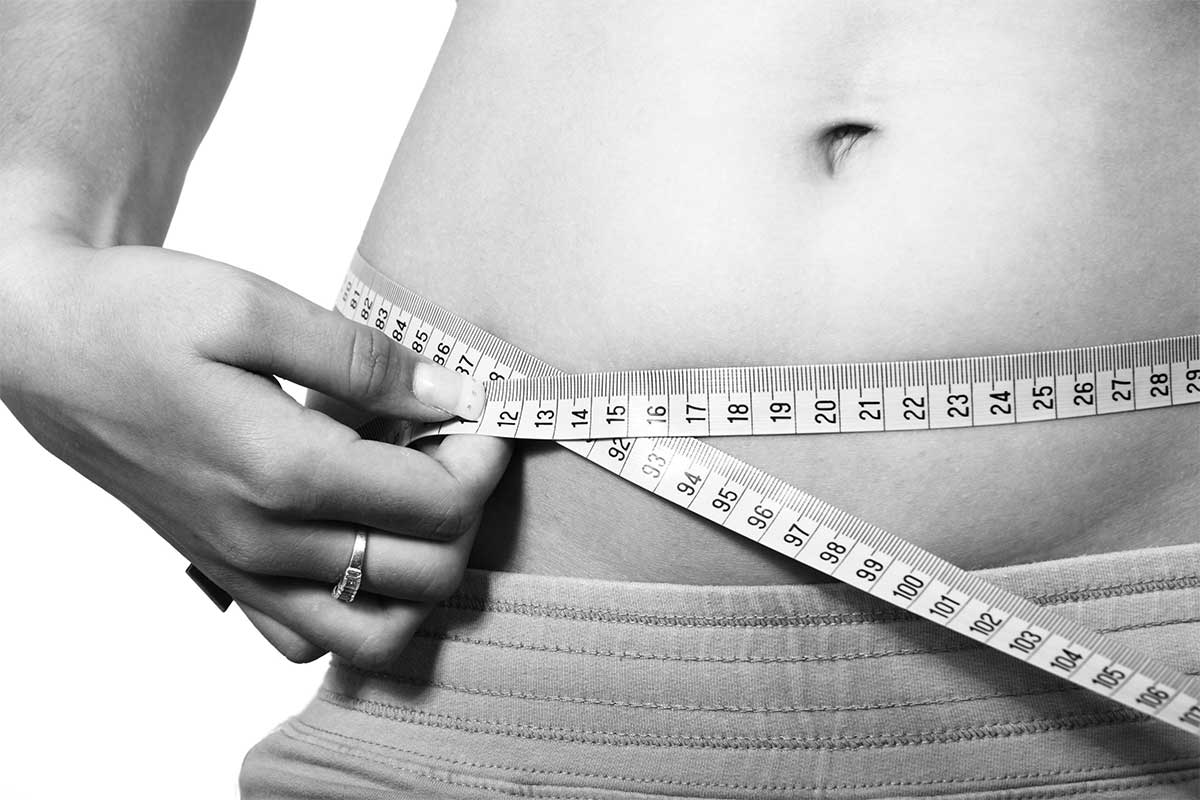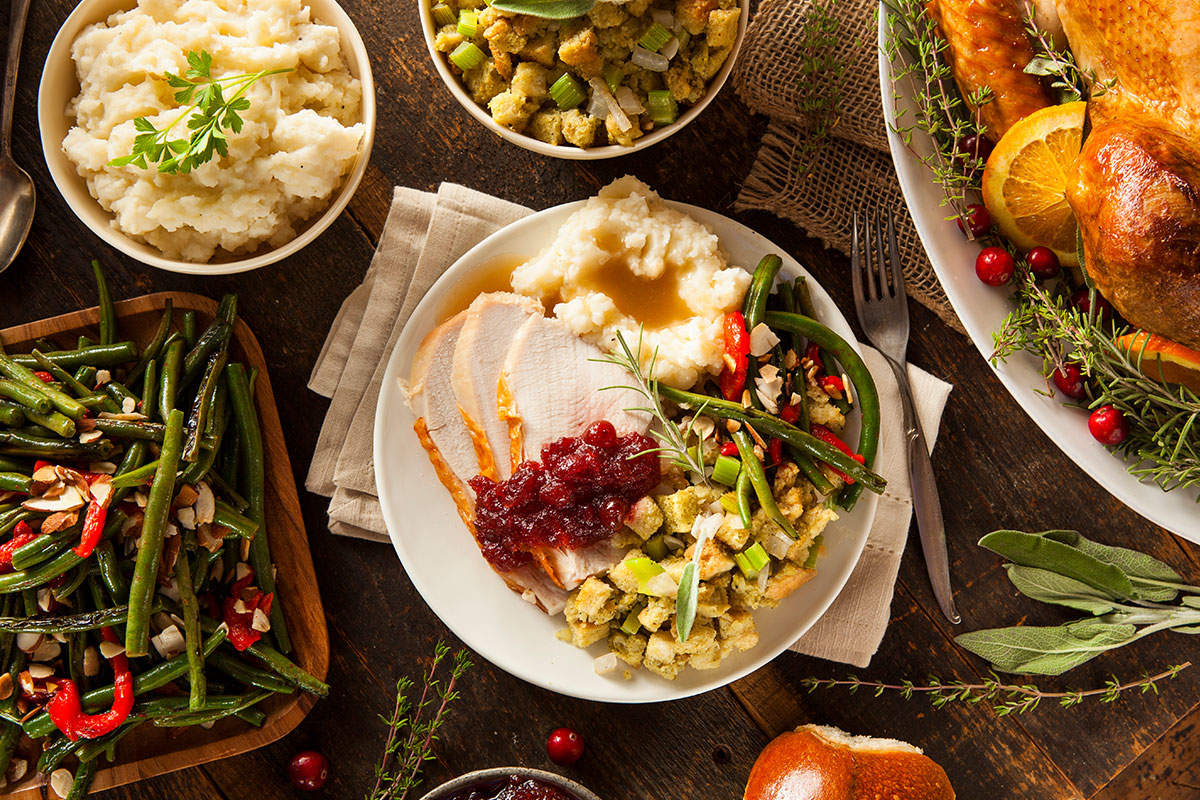High-Protein Dairy Dip with Roasted Peppers
Equipment
- Food processor or blender
Ingredients
- 1 container cottage cheese 500 grams
- ½ teaspoon onion powder
- 2-3 pieces jarred roasted red peppers drained
- Salt & pepper to taste
- Chopped chives for garnish optional
Instructions
- In a blender, place the cottage cheese and onion powder and blend until smooth.
- With a paper towel, pat dry the drained peppers to remove excess moisture. Add the peppers to the blender and blend again until smooth.
- Taste and add salt & pepper to taste.
- Place in a serving dish and garnish with chopped chives or keep refrigerated in an air-tight container. The dip will keep good at roughly the same time as the stated expiry date on the cottage cheese container.
Notes
Dip your veggie sticks and enjoy as a satisfying snack or you can spread it over toast, bagel or crackers as a substitute for cream cheese.
For a thicker dip, prior to blending place the cottage cheese in a cheesecloth for a couple of hours to drain excess liquid.

